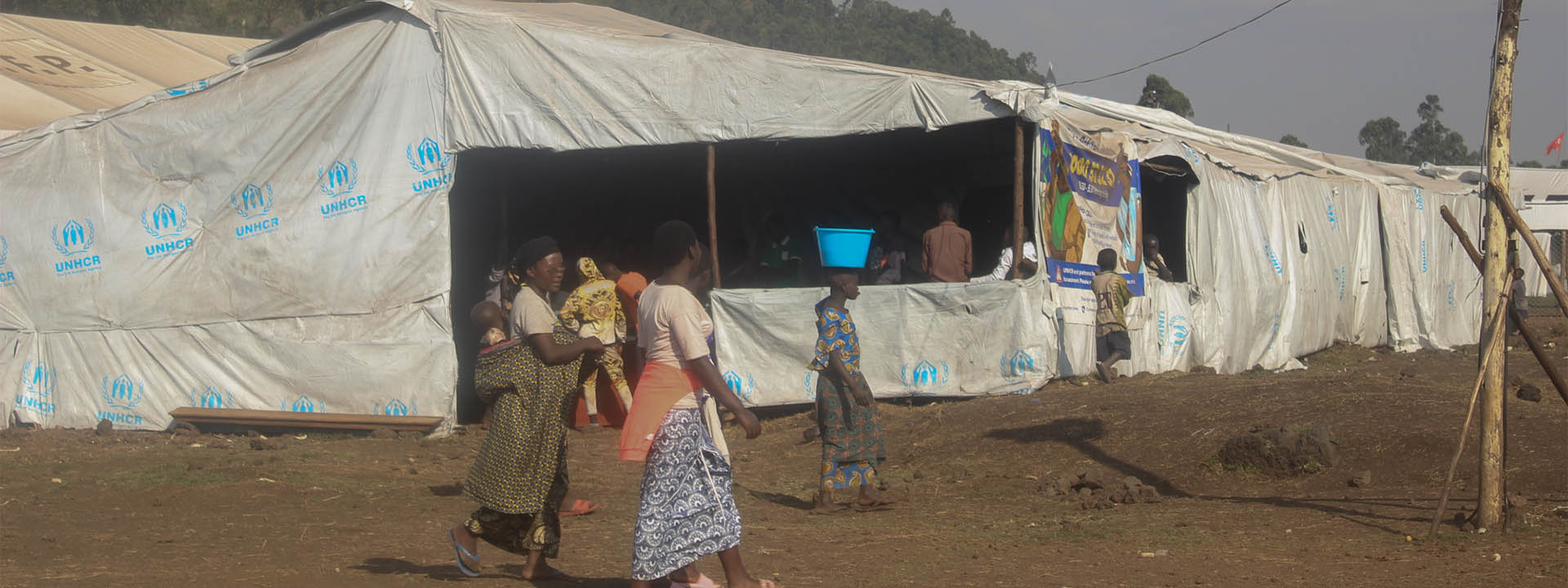July 4-8, 2022 (Kisoro, Uganda): The Intergovernmental Authority on Development (IGAD) through its Health and Social Development Division and in collaboration with the Government of Uganda organised a Learning and Experience Sharing between Uganda’s Department of Refugees, Ethiopia’s Refugee and Returnees Services, Kenya’s Department of Refugee Services, Somalia’s National Commission for Refugees and IDPs (NCRI), South Sudan’s Commission for Refugees Affairs (CRA) and Sudan’s Commissioner for Refugees (COR) to Kisoro Isingiro and Mbarara Districts in Uganda. There were five participants from each of the six participating MS’ refugee management agencies led by their Commissioners and Director Generals.
The IGAD Member States (MS) hosted about 4.5 million refugees and asylum seekers as of February 2022, and most of these populations were in protracted displacement. Despite individual efforts by the IGAD MS to strengthen their legislation and implementation of refugee and asylum policies, there are challenges in effective refugee protection, including the high costs of hosting large numbers of refugees.
The high and increasing number of refugees and asylum seekers put a significant strain on already overburdened social services serving host communities. MS developed the agenda for the experience sharing to serve as a peer-to-peer learning platform and to promote good practices in the provision of protection and assistance to refugees and asylum seekers in the region. The overall goal was to harmonise refugee protection legislation, policies and practices in the region in line with IGAD’s regional approach to forced displacement.
Member States selected Uganda as a host for the experience sharing because of its long history in generously hosting refugees and asylum seekers from conflict-affected countries in the IGAD region and beyond. Uganda also continues to be Africa’s largest refugee-hosting country with over 1.5 million refugees from South Sudan (65,2%), the DRC (31,1%), and Somalia (3.8%). About 93% of the refugees and asylum seekers in Uganda live in settlements alongside the local communities; mainly in West Nile, South-West and Northern Uganda, while 7% live in urban areas such as Kampala. In his opening and welcoming remarks, Uganda’s Acting Commissioner for Refugees, Mr. Douglas Asiimwe stated that Uganda’s progressive national refugee law provided refugees extensive rights and fundamental freedoms consistent with international standards.
The experience sharing involved field visits to Kisoro and Isingiro Districts to observe policy implementation followed by a debrief workshop in Mbarara. The delegates visit to Kisoro District coincided with the ongoing emergency response to the conflict in the Eastern part of the Democratic Republic of Congo. While in Kisoro, the delegates observed Uganda’s implementation of its Open-Door Policy and Admission procedures that allowed those fleeing conflict in the Eastern DRC access to its territory and receipt of the critical life-saving humanitarian assistance from its Transit and Holding centers used in managing the influx. The delegates also tracked a group of asylum seekers as they transitioned from Kisoro Transit Center to Nakivale Refugee Settlement.
The inclusive partnership and effective systems in place ensured the new arrivals were allocated pieces of land, core relief items and non-food Items to start a new life within a day of arrival in Nakivale. The settlement also provided services such as health, education, livelihoods and worked towards solutions for refugees.
Throughout the visit, it was evident that Uganda’s success was anchored in the strong leadership and political will of the Government of Uganda, and high levels of coordination between the different levels of governments, Ministries, Departments and Agencies, International and National Non-Governmental Organisations and Community Based Organisations. Uganda’s refugee protection model also sought to empower refugees, such that they lived in safety and dignity and positively contributed to their local economies.
At the end of the experience sharing, MS recommended increased bilateral and multilateral engagements among IGAD MS on aspects of refugee protection and management, called for harmonised approaches in refugee protection and appealed for more support to countries that continued receiving and hosting refugees.

